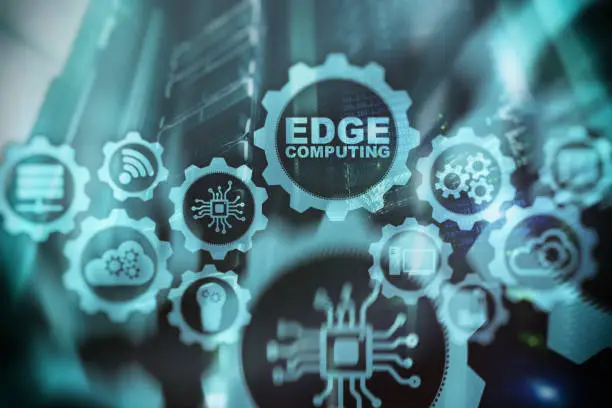Imagine having an AI assistant that works flawlessly without an internet connection—no delays, no privacy concerns, just instant and secure responses. Offline AI is revolutionizing the way we use technology, making devices smarter, faster, and more reliable. This shift to AI that runs locally is a game-changer for privacy-conscious users and those in remote areas.
What is Offline AI?
Offline AI refers to artificial intelligence models that operate directly on a device, eliminating the need for continuous internet access. Instead of depending on cloud-based computing, edge AI processes data locally, making interactions faster and more secure.

Benefits of Offline AI
1. Improved Privacy & Security
- Keeps personal data on the device, reducing exposure to cyber threats.
- Eliminates the need to send sensitive information to external servers.
2. Faster Performance & Instant Responses
- No reliance on slow or unstable internet connections.
- Reduces latency, enabling real-time AI interactions.
3. Reliable in Any Environment
- Works in areas with little or no internet access.
- Ideal for remote locations, disaster response, and industries like healthcare and agriculture.
Real-World Applications of Offline AI
1. Smart Virtual Assistants
Apple, Google, and Samsung are working on AI assistants that can schedule tasks, set reminders, and process commands without internet connectivity.
2. AI-Powered Healthcare Devices
Smart medical devices can analyze vital signs, detect anomalies, and provide immediate health insights without needing cloud support.
3. Self-Driving Cars & Smart Vehicles
Autonomous vehicles rely on AI for quick decision-making. Offline AI ensures that these functions remain operational even without internet access.
4. AI Security Cameras & Smart Surveillance
AI-powered security systems can detect movement, recognize faces, and send alerts—all while keeping sensitive footage private.
The Future of Offline AI
The next big leap in Offline AI is TinyML (Tiny Machine Learning), which brings AI capabilities to ultra-low-power devices. With advancements in chip technology, even small gadgets will soon be able to perform complex AI tasks locally.
Conclusion
Offline AI is not just a trend—it’s the future of smart technology. It enhances privacy, speeds up processing, and ensures accessibility for users worldwide. As AI continues to evolve, more devices will incorporate offline capabilities, making them faster, safer, and more efficient.
What are your thoughts on AI working offline? Let’s discuss in the comments!
Read also |Gemini AI out of iOS – a Standalone app by Google,
The best seo tools in 2025 and The must have Gadgets in 2025 for a luxurious smart home.
Learn more about Samsung Galaxy S24 One UI 7 Update Delay – Reason







